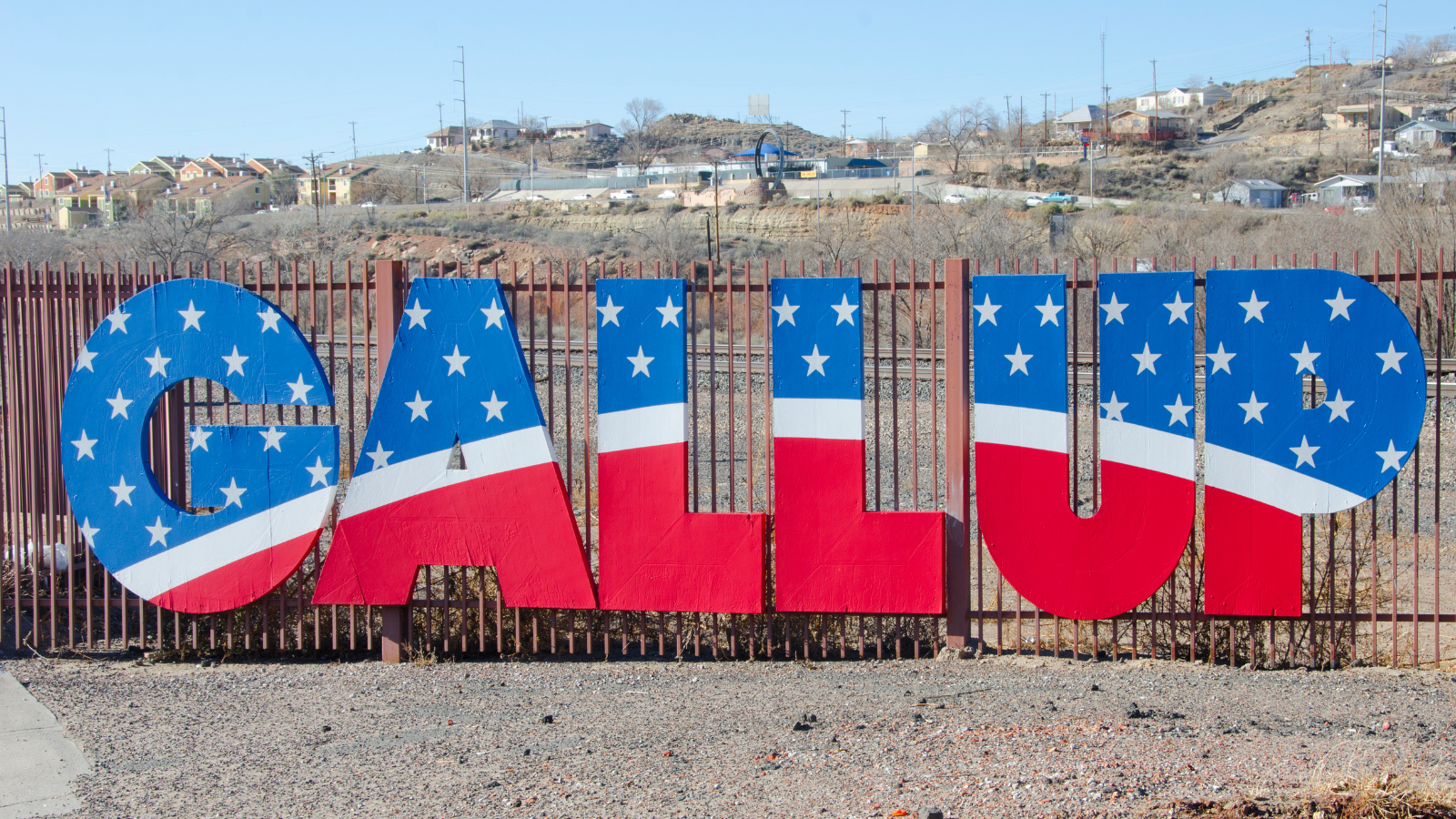Biden Administration edges towards federalizing California’s controversial AB5 law
Since the 2020 election, the Biden Administration hasn’t been shy about its pro-union agenda. American labor law has undergone sweeping reform with the PRO Act and now, the White House is taking a keen interest in California’s recent AB5 law - a controversial piece of legislation that has effectively targeted the “gig economy” in the Golden State and caused owner-operators in the trucking industry to shut down the Port of Oakland in protest late last month.
AB5 redefined the Department of Labor’s definition of “independent contractor” - supporters say that the law is meant to give power back to an “exploited” worker and forces companies to hire employees with benefits instead of paying them as contractors. Those who criticize the bill say it instead takes away power from the individual workers who often are seeking more flexibility with their income-earning and that this bill instead hands over unprecedented power to unions.
President Biden has announced America's strictest vehicle exhaust emissions regulations yet, aiming to push the auto industry towards all-electric cars.
In a significant ruling, a federal judge in California rejected a challenge against the state's independent contractor law, AB5, from the trucking industry.
Texas Attorney General Ken Paxton accused President Joe Biden of aiding Mexican cartels by halting deportations.
Former President Trump criticized UAW President Shawn Fain for endorsing President Biden, claiming that Fain lacks an understanding of the automobile industry's future.
The Biden administration is injecting $623 million into the nation's electric vehicle charging network, with a focus on disadvantaged communities and freight trucks.
In a significant move, the Biden administration has introduced a federal rule that could compel businesses to reclassify independent contractors as employees.
As of January 1st, the Biden administration's updated rules now have a significantly reduced number of electric vehicle models eligible for the popular $7,500 consumer tax credit.
U.S. President Joe Biden and Chinese leader Xi Jinping met in San Francisco to discuss various contentious issues, but significant progress was not expected due to longstanding disagreements.
The federal government plans to allocate over $16 billion to enhance the Northeast Corridor, the busiest rail line in the country, connecting cities like Washington, New York, and Boston.
Former President Barack Obama advised the White House on its strategy for addressing artificial intelligence (AI) over the past five months, collaborating with tech companies and engaging in Zoom meetings with top Biden administration aides.
President Biden has unveiled a series of investments totaling over $5 billion as part of his commitment to rural America.
The Owner-Operator Independent Drivers Association (OOIDA) has voiced concerns that California's Assembly Bill 5 (AB5), intended to address the misclassification of truck drivers, has actually burdened legitimate independent contractors.
The Biden administration has proposed up to three oil and gas lease sales in the Gulf of Mexico but none in Alaska, aiming to strike a balance between energy production and climate concerns.
A strike by the United Auto Workers (UAW) union against Detroit's major automakers, including General Motors, Ford, and Stellantis, could force politicians, including President Joe Biden, to take a stance on organized labor.
The International Energy Agency predicts that solar investments will reach a staggering one billion dollars per day in 2023, surpassing global investment in oil production for the first time in history.
The Owner-Operator Independent Drivers Association (OOIDA) has expressed opposition to the PRO Act, stating that it would create confusion and jeopardize the established business model in the trucking industry.
During a visit to South Carolina, President Biden emphasized the need to bring critical manufacturing processes, such as semiconductor production and battery supply chains, back to the United States to compete with China.
With 16 months remaining until Election Day, several key observations have emerged from the early stages of the 2024 presidential campaign.
The PRO Act, a proposed legislation aiming to protect workers' rights, has raised concerns among small business owners, particularly franchisees.
Biden administration's ambitious clean hydrogen strategy aims to increase domestic production by 400% in less than 30 years.
The Owner-Operator Independent Drivers Association (OOIDA) has called on President Joe Biden to find a new nominee to lead the U.S. Department of Labor.
The Owner-Operator Independent Drivers Association (OOIDA) has voiced its opposition to the U.S. Environmental Protection Agency's (EPA) Greenhouse Gas Phase 3 proposal, stating that it disregards the concerns of truck drivers.
Lorena Gonzalez Fletcher, the former California state legislator who introduced and championed the anti-independent contractor law AB 5, is facing criticism and potential damage to her reputation.
The U.S. Chamber of Commerce has written a letter to President Joe Biden, urging him to appoint an independent mediator to assist in resolving labor negotiations at West Coast ports.
As the pandemic recedes, more Americans are gravitating towards part-time and freelance work, seeking flexibility in the job market where workers still have the upper hand.
The Biden administration is granting $570 million to address the issue of railroad crossings in 32 states, where longer trains have been causing traffic delays and hindering emergency response.
Troubles from the 2022 travel season continue to haunt Americans as they prepare for the upcoming summer travel period.
States join legal battle over AB5, highlighting the political divide on independent contractor status.
A new Gallup poll has shown that Americans lack confidence in President Biden, Federal Reserve Chair Jerome Powell, and Treasury Secretary Janet Yellen when it comes to the economy.































A recent Harris poll for The Guardian reveals widespread misconceptions about the U.S. economy. Most Americans (56%) believe the country is in a recession, but it's not